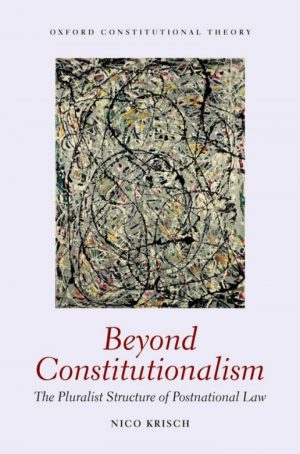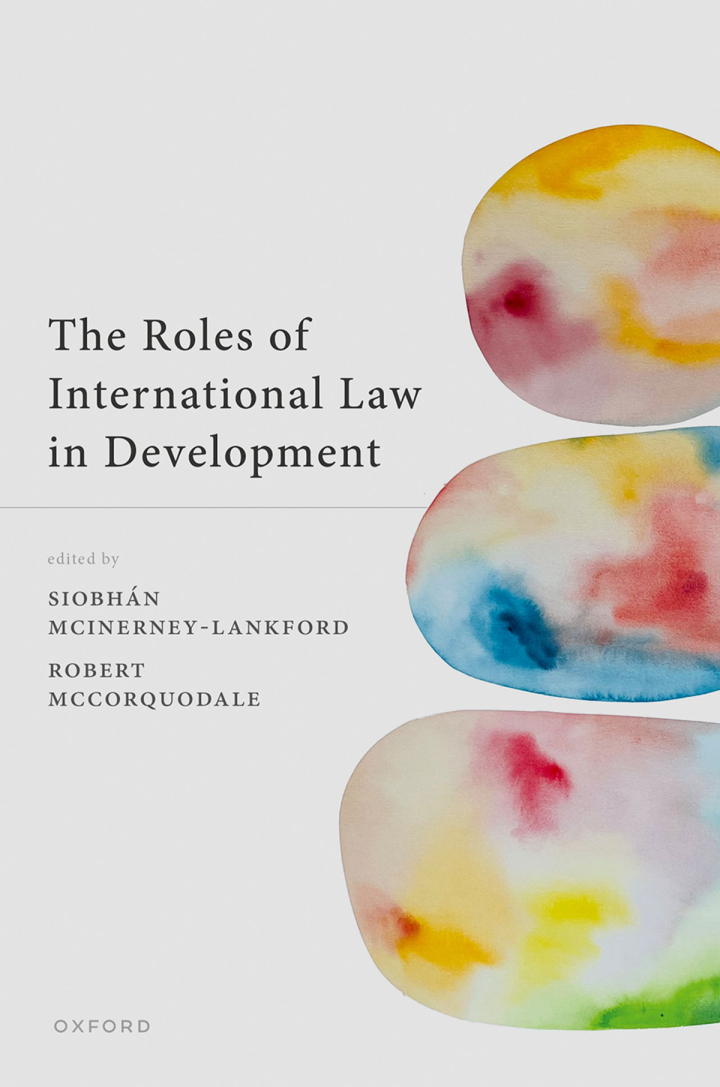The Roles of International Law in Development 1st Edition
$58.50
Attention: This is just ebook, Access Codes or any other Supplements excluded! / File Delivery: Sent Via Email within 24 hours!
SKU: 7fbcc9903d79
Category: Law Textbooks
Description
-
Author(s)Siobhán Mcinerney-Lankford; Robert Mccorquodale
-
PublisherOUP Oxford
-
FormatPDF
-
Print ISBN
9780192872906, 0192872907 -
eText ISBN
9780192872906, 0192872907 -
Edition1st
-
Copyright2023
- Details
The Roles of International Law in Development provides an in-depth analysis of the relationship between public international law and development. Unlike the existing body of literature on public international law, this book investigates how international law and development interact, and evaluates how significant a role international law plays in development. Bringing together a collection of perspectives from contributors working across multiple development fields, the chapters explore the relevance and applicability of international law to particular sectors and issues implicated in development activities. They analyse how international law rules and processes can influence procedural and substantive aspects of development policies as these regulate various forms of financial support, trade, technical assistance, and policy dialogue. They also explore whether, and how, development could be more effective and yield more equitable and sustainable outcomes if the relevant and applicable rules of international law were better understood, consistently incorporated, and appropriately applied in development activities. One of the foundational premises of this book is that development policy and practice should be grounded more systematically in international law, rejecting the notion that development policy is a ‘self-contained’ regime operating in a legal vacuum. By reflecting the substantive rules of international law, this in turn anchors development in international legal accountability.
Related products
-

BEYOND CONSTITUTIONALISM OCON C The Pluralist Structure of Postnational Law
Rated 0 out of 5$22.10 Add to cart -

Blackstone’s Guide to the Proceeds of Crime Act 2002 5th Edition
Rated 0 out of 5$34.12 Add to cart -

Antitrust and Patent Law
Rated 0 out of 5$97.50 Add to cart -

Against Capital Punishment
Rated 0 out of 5$12.35 Add to cart

